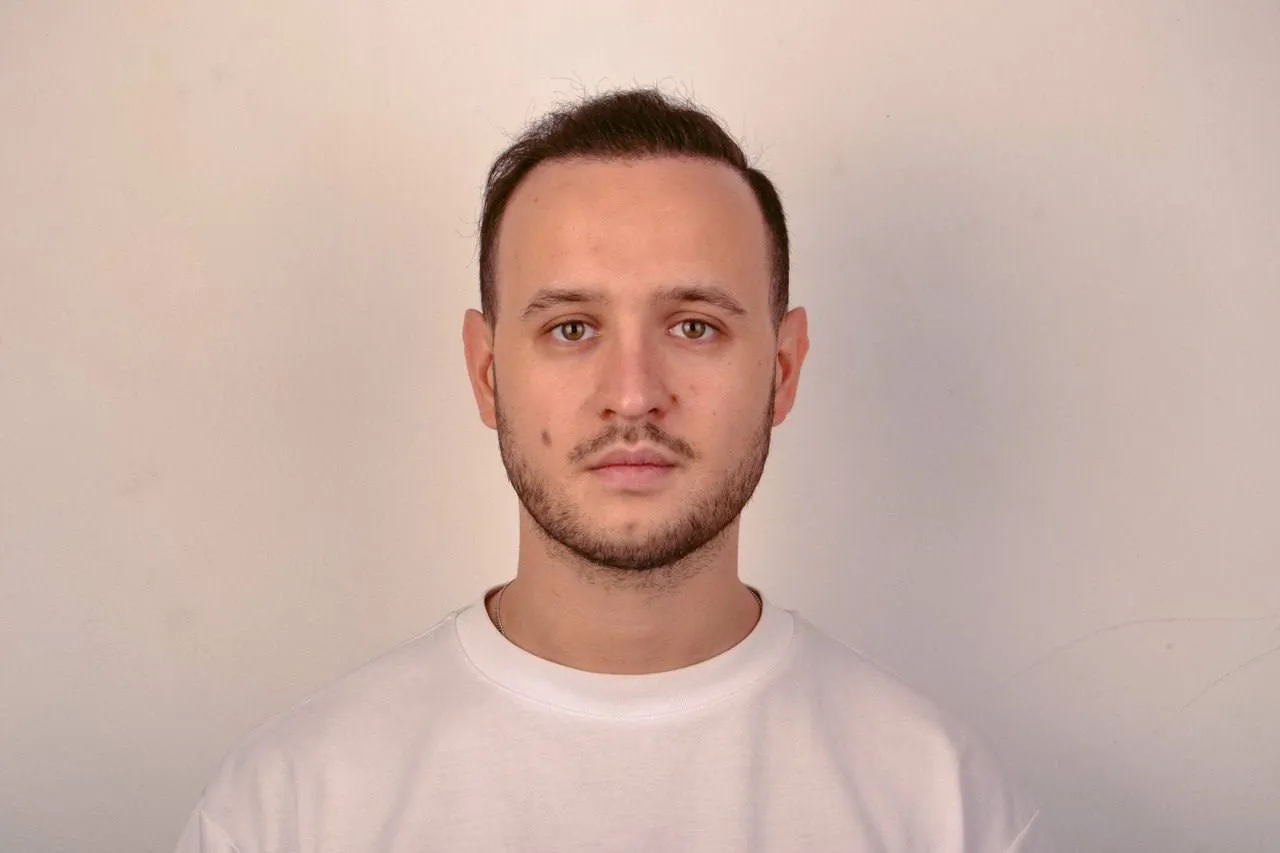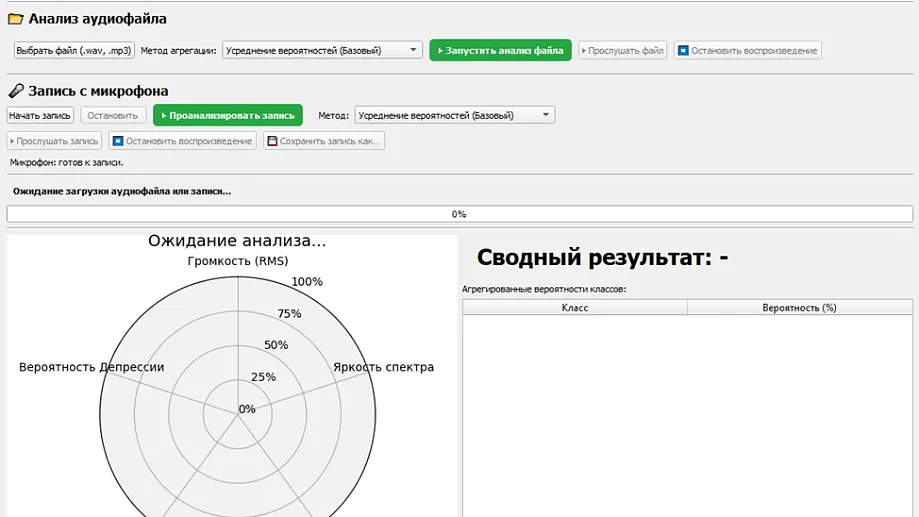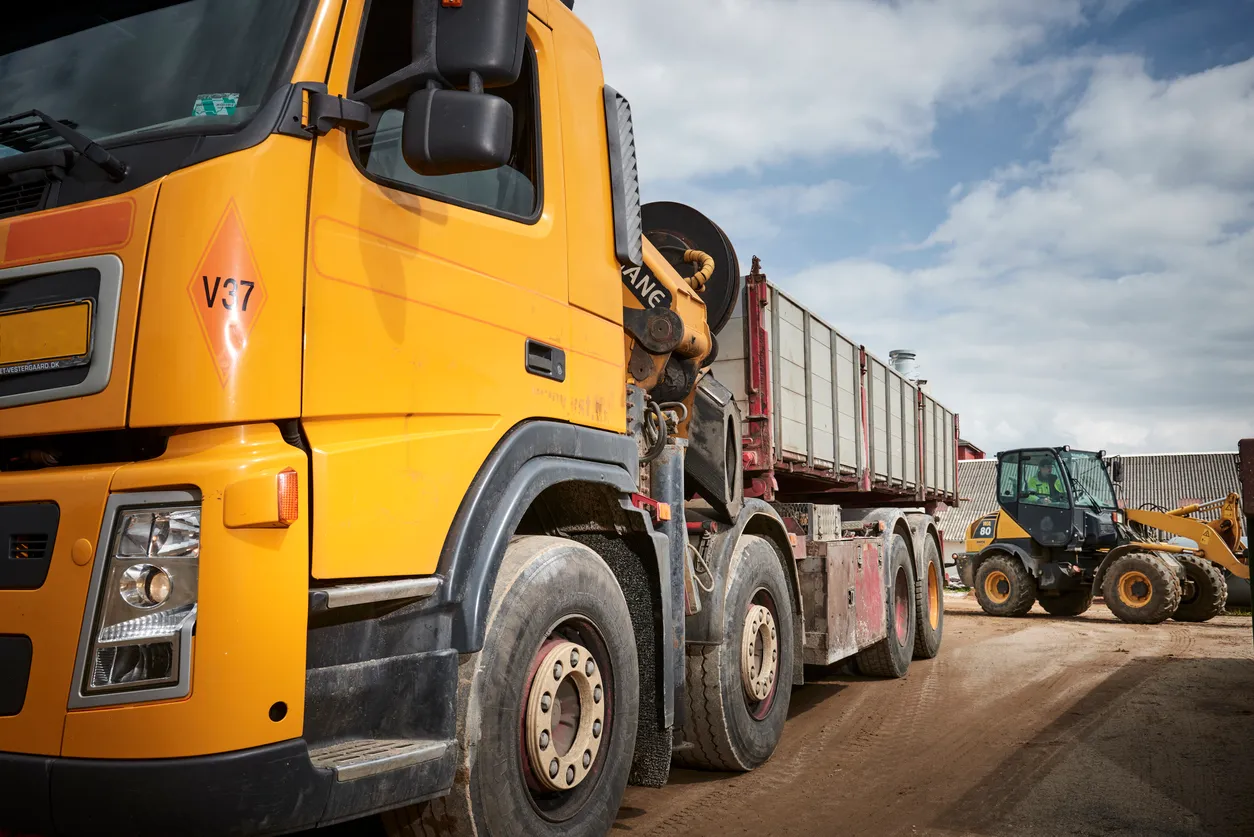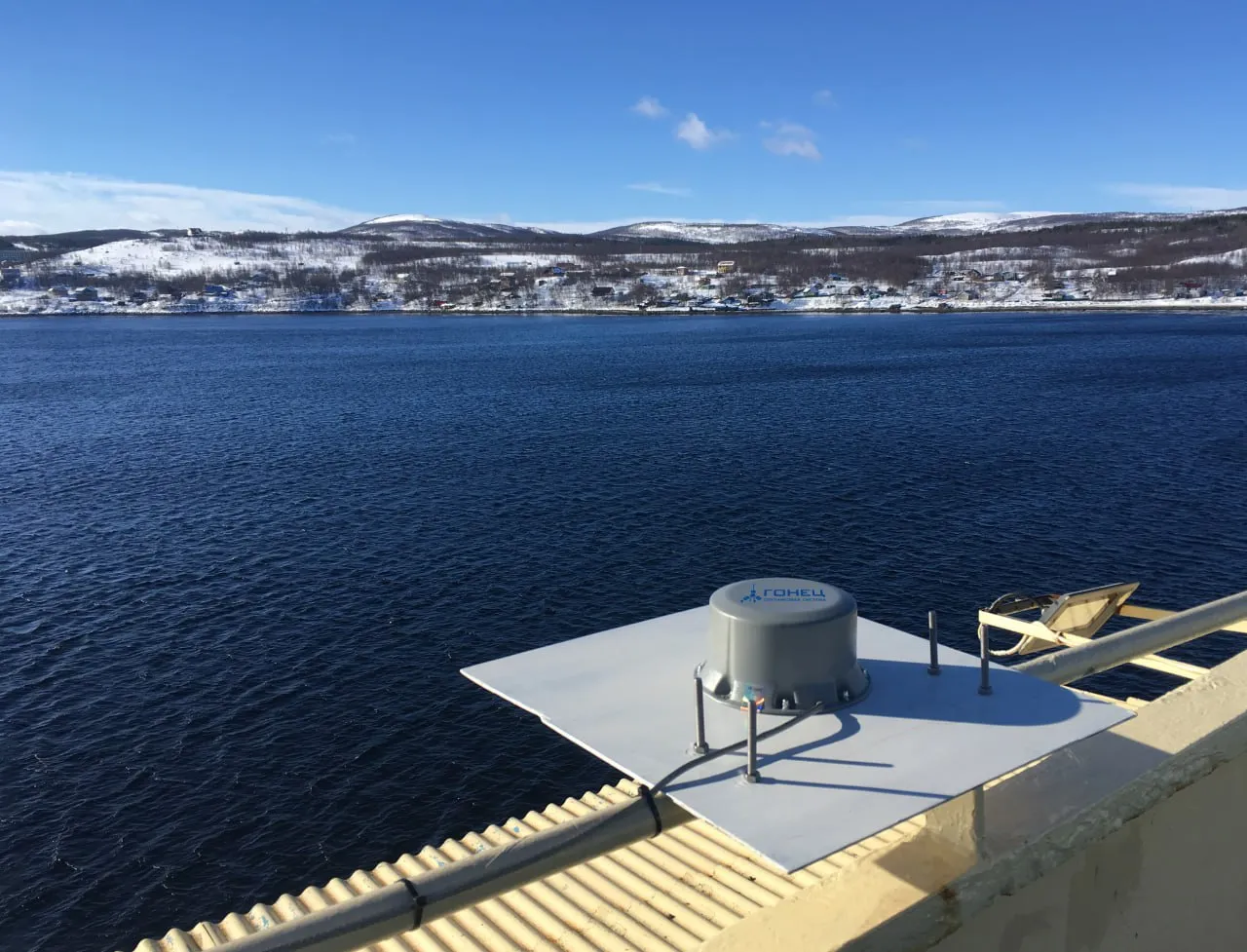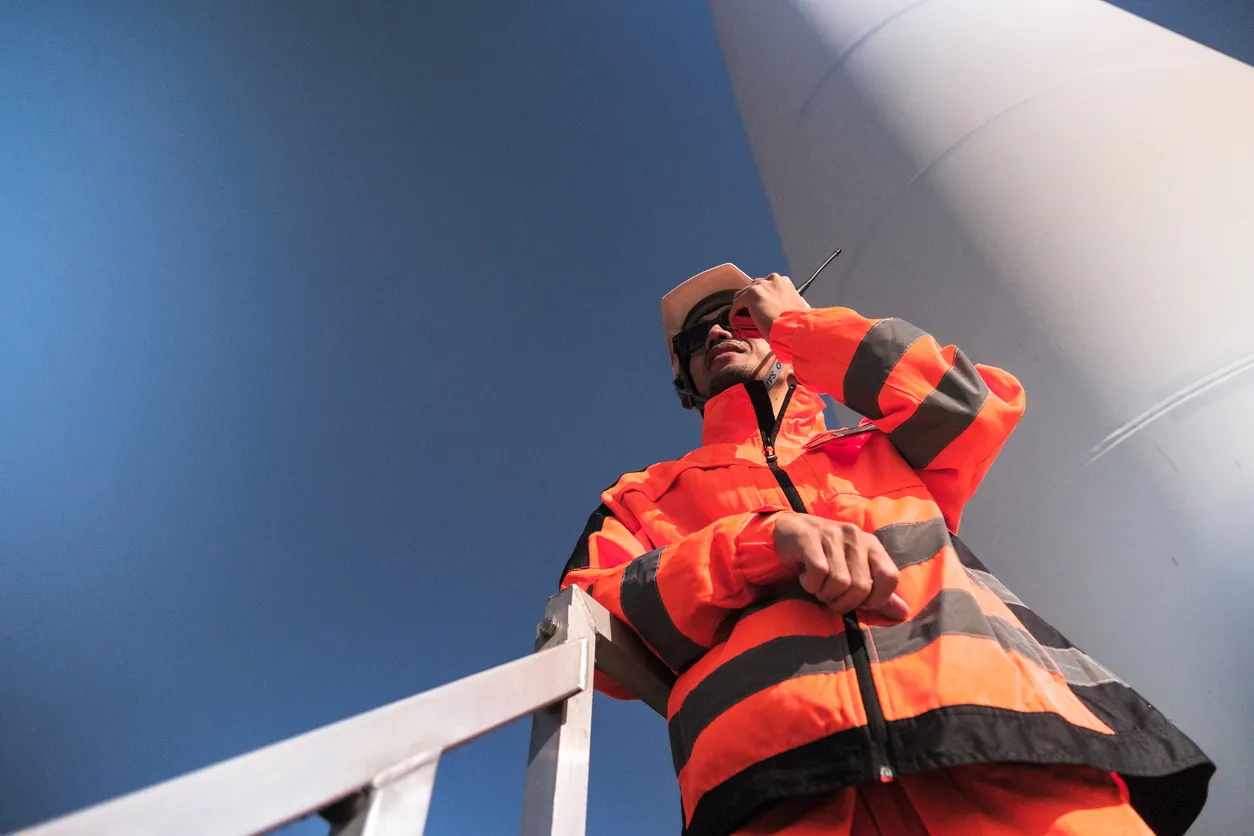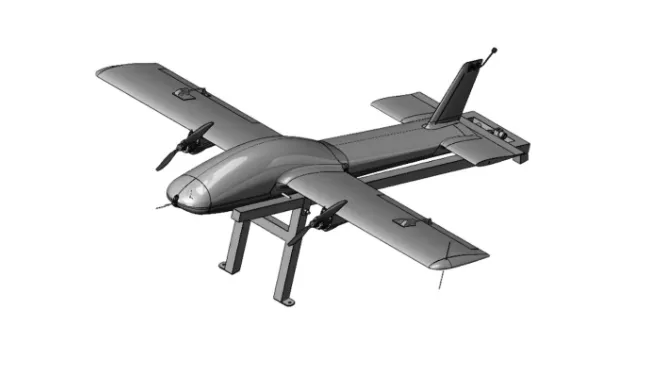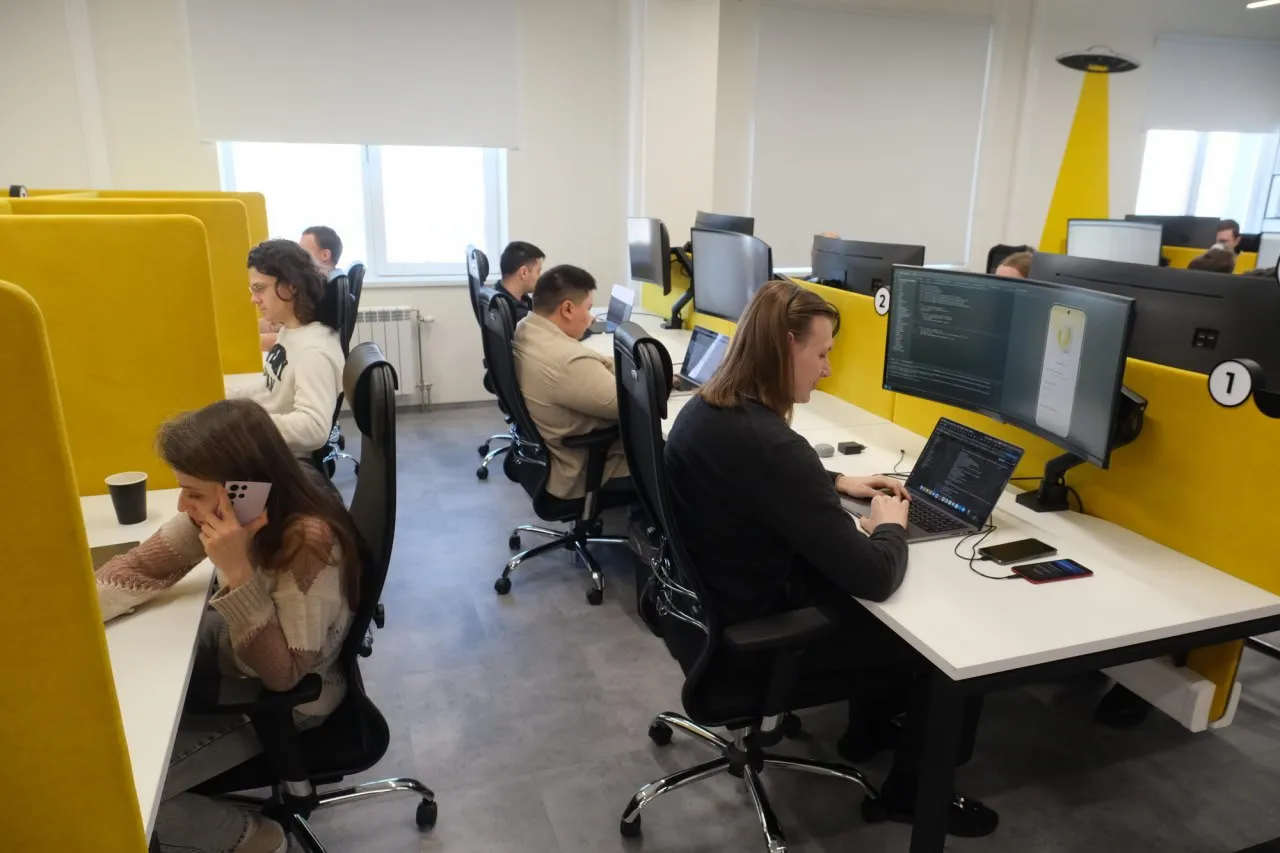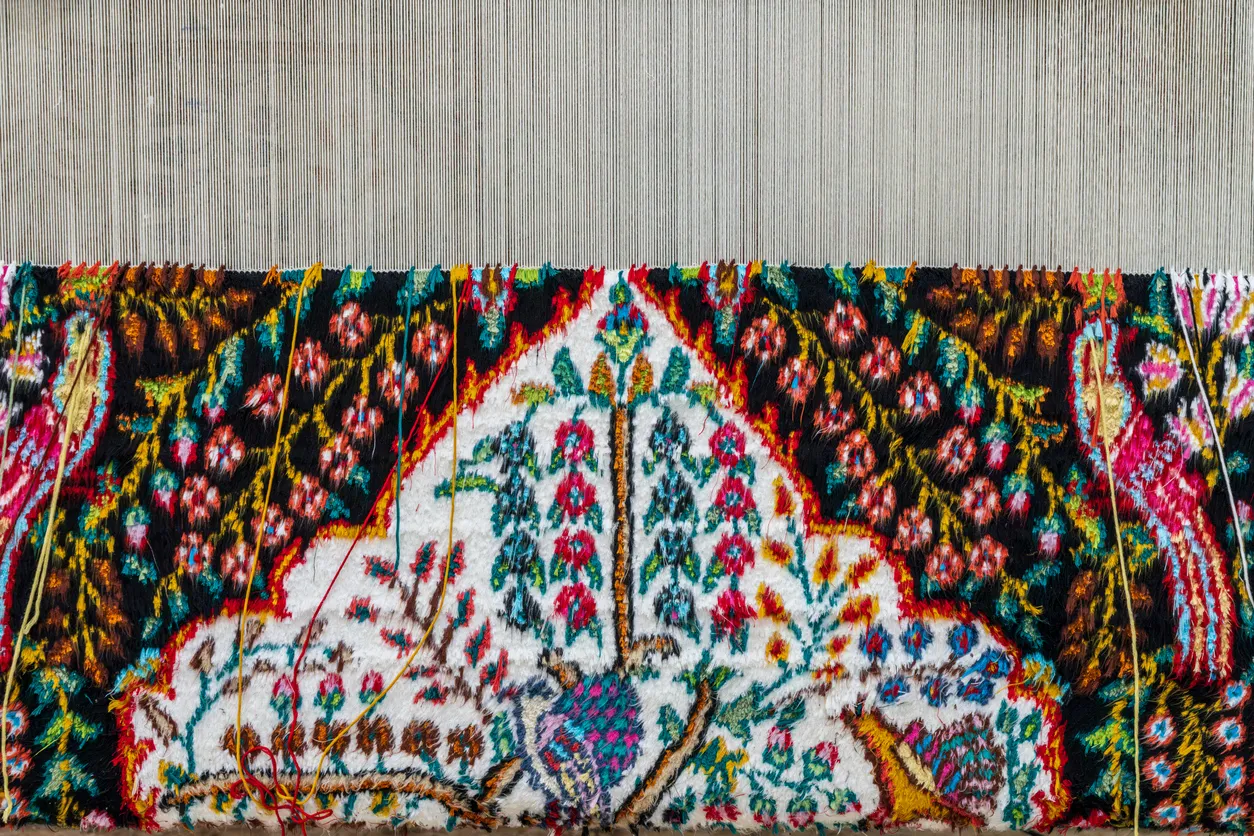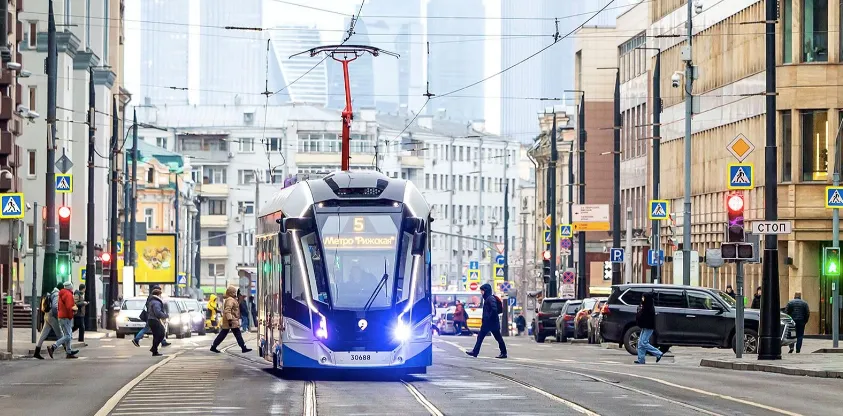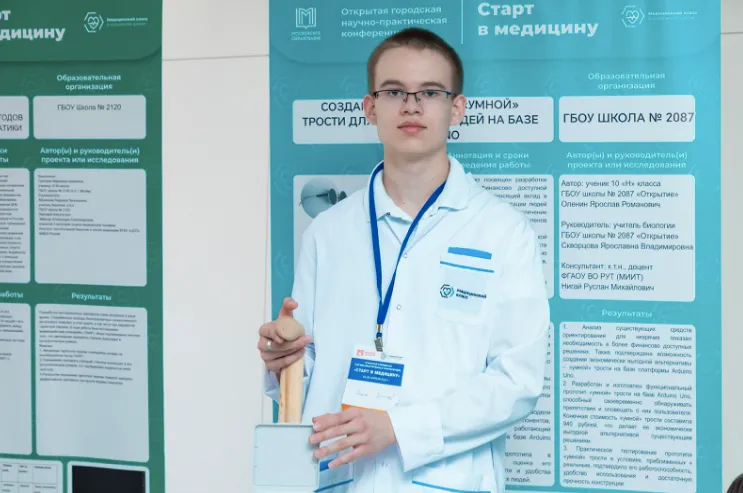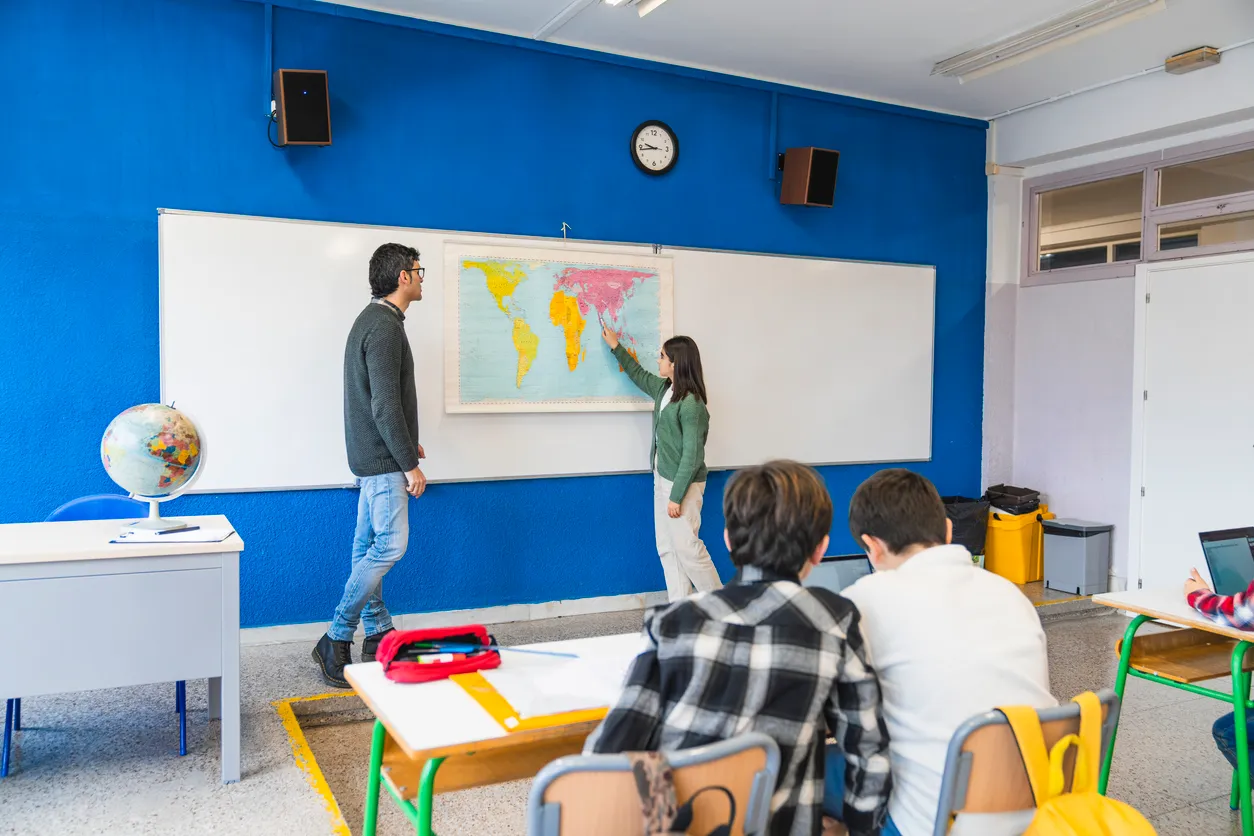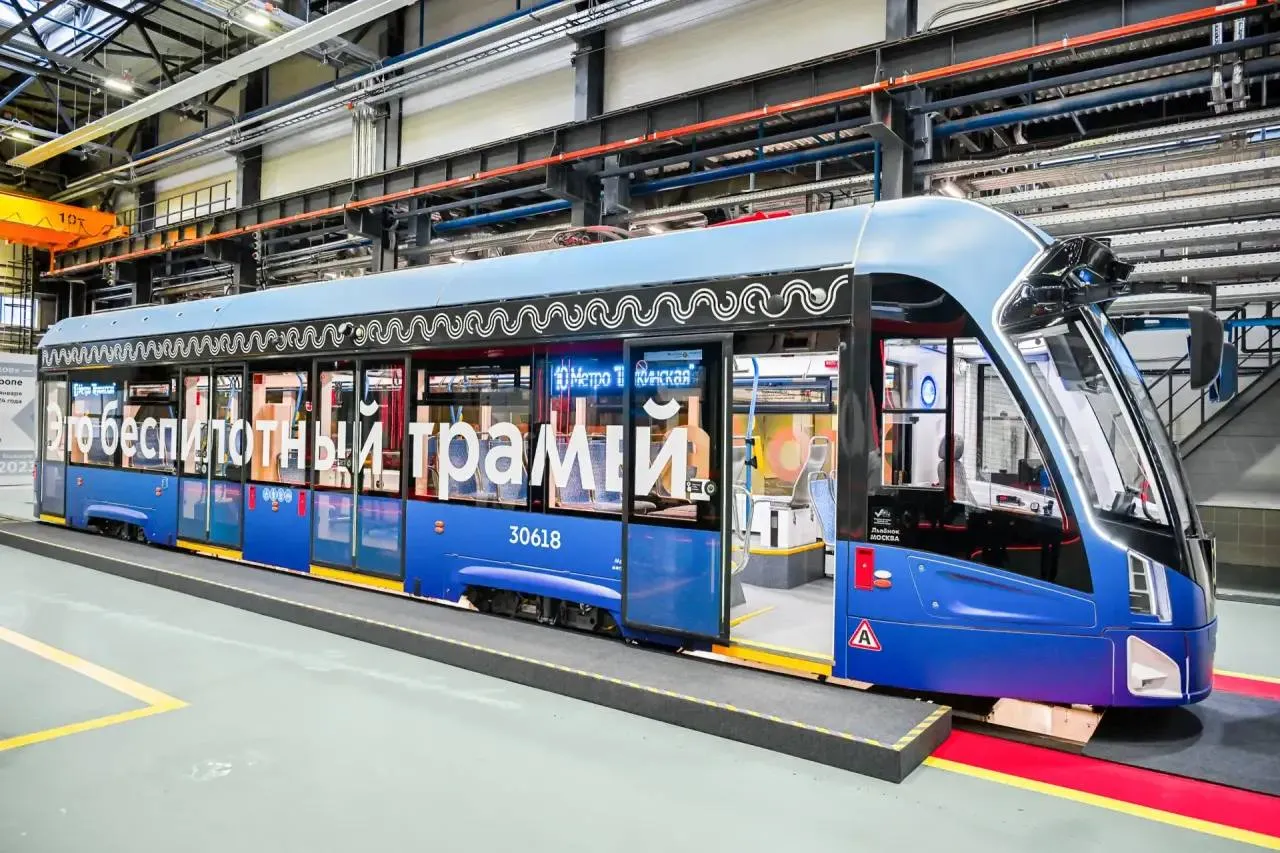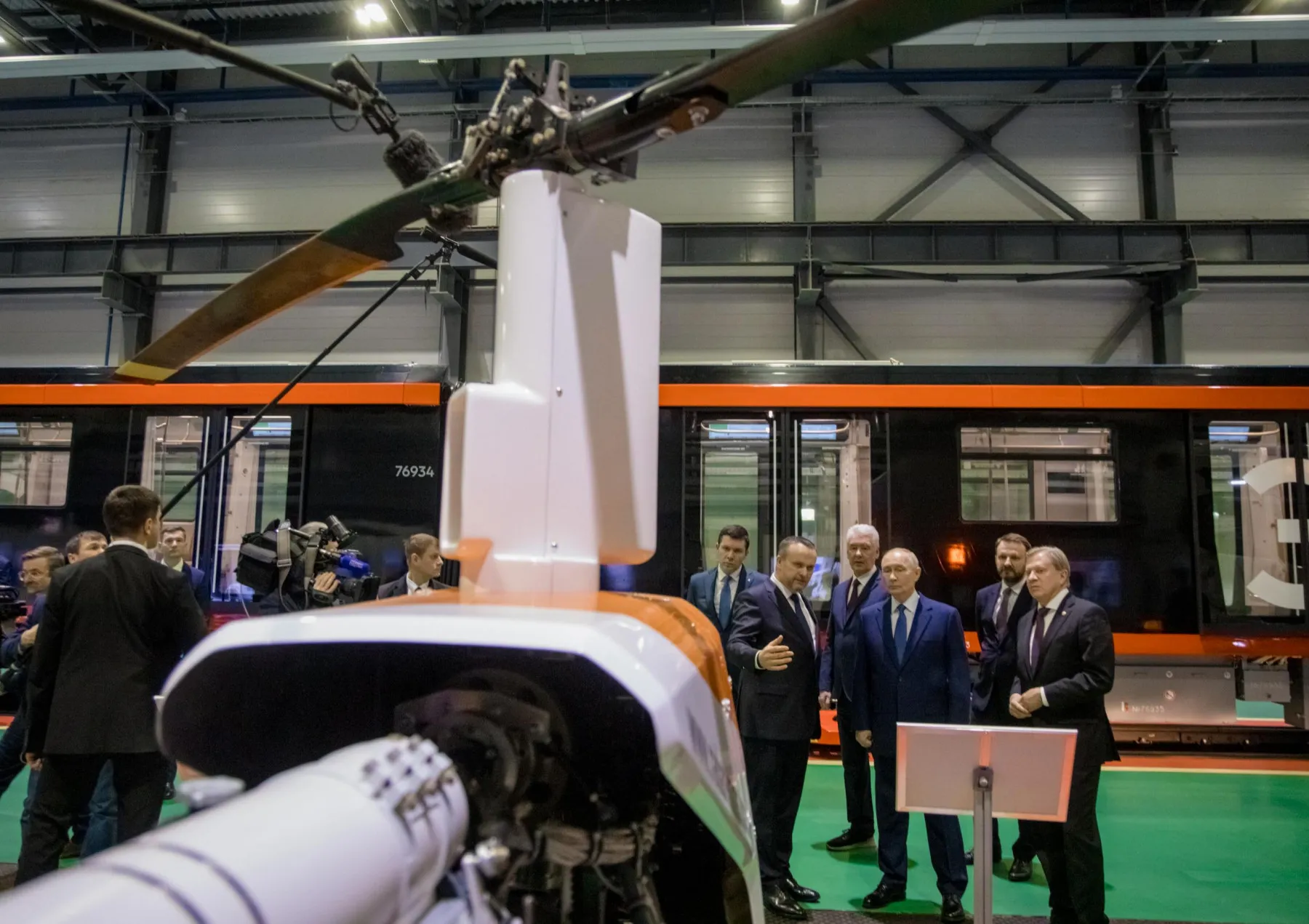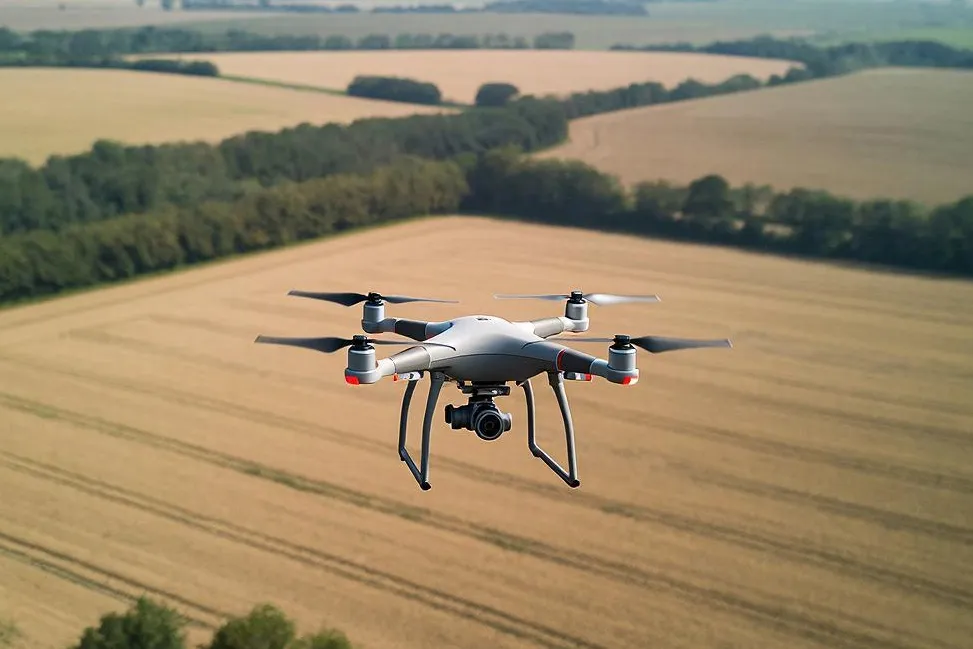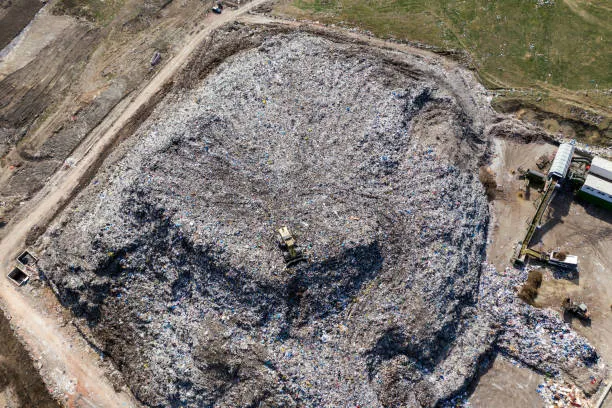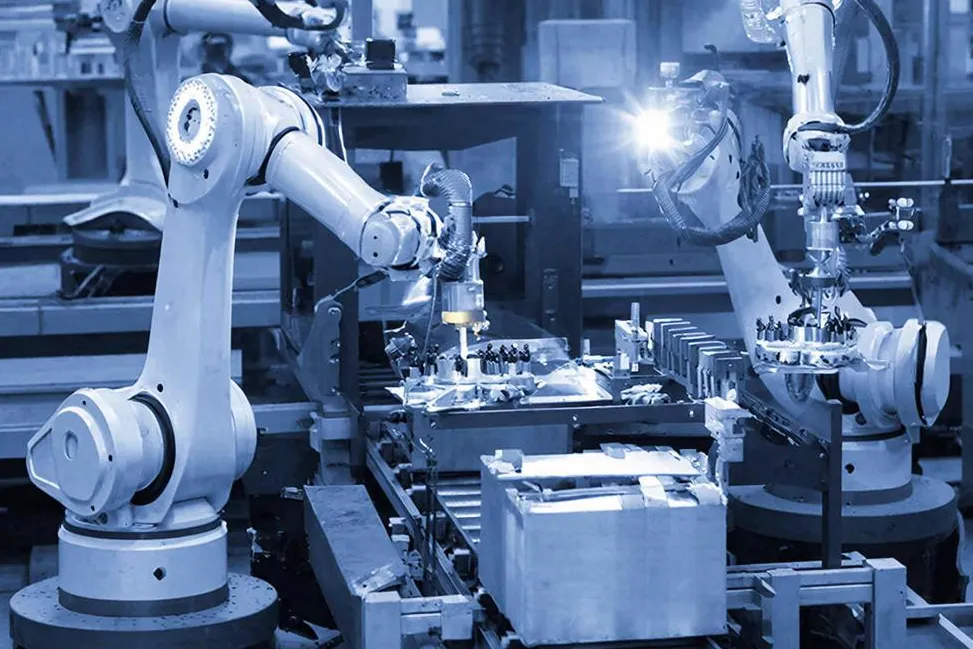Russian Scientists Develop AI-Powered Method to Predict Material Durability Across Russia’s Climates

An AI-driven system from Mordovia State University can cut material testing times from years to months by simulating temperature, humidity and UV exposure—speeding the rollout of new composites for construction.
Scientists at Mordovia State University named after N. P. Ogaryov have unveiled a groundbreaking methodology that uses artificial intelligence to assess the climate resilience of building materials. According to Vecheriy Saransk Media, this approach replaces traditional, multi‑year field tests in diverse Russian climate zones with computer simulations powered by machine learning.
Conventional material testing demands prolonged observation of performance under actual environmental conditions. The new system employs algorithms that analyze data on temperature, humidity, ultraviolet radiation and other factors, predicting how polymer composites will behave in real‑world settings.
By reducing testing periods from several years to just a few months, the technology promises to cut both testing and construction costs, accelerate the market introduction of advanced materials and enhance the reliability of structures across Russia’s varied regions.
The research team aims to deliver fully developed solutions for the construction sector by 2028. The project has already earned backing from the Russian Academy of Sciences, which recognizes it as a strategic direction for industrial innovation. Advocates believe that widespread adoption could position Russian‑made construction materials as leaders on the global stage.
Looking ahead, experts highlight the importance of integrating this AI methodology into government and private development projects—including national programs and regional infrastructure initiatives. They also call for the creation of a centralized database of material tests and certifications, accessible to builders, designers and regulatory bodies, to streamline industry standards and boost overall efficiency in Russia’s construction sector.


